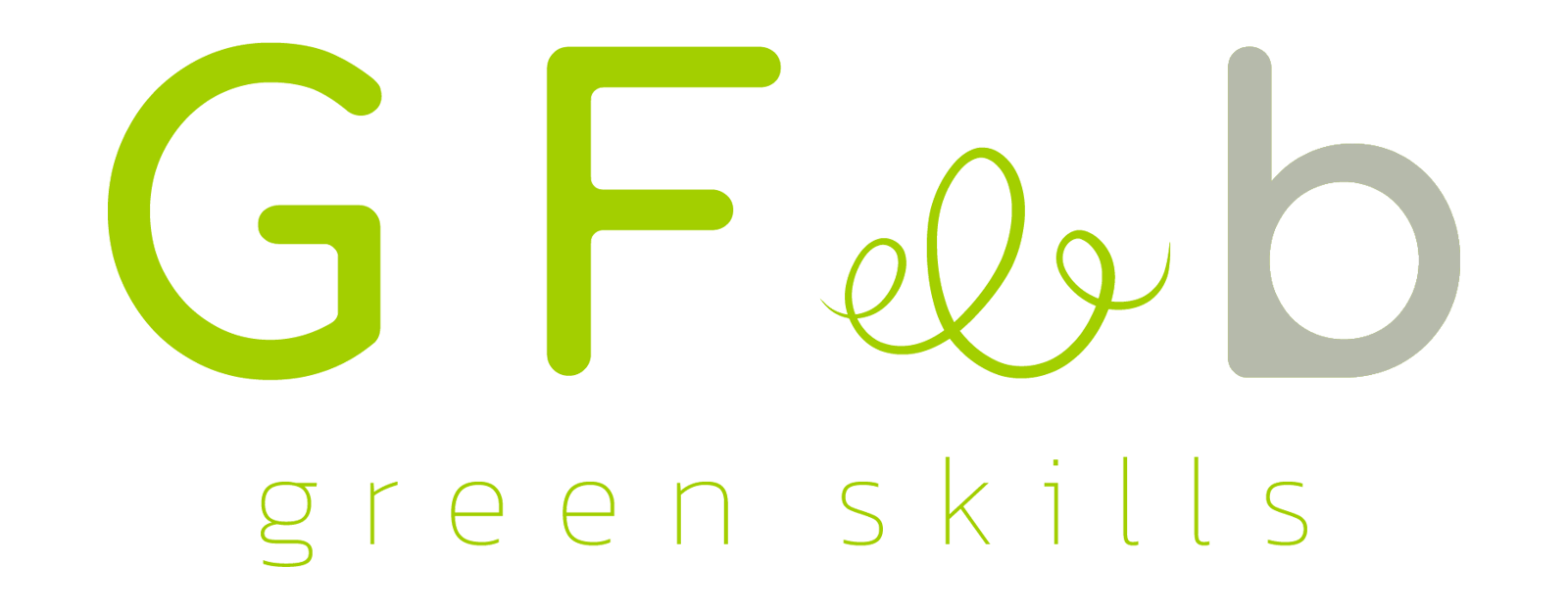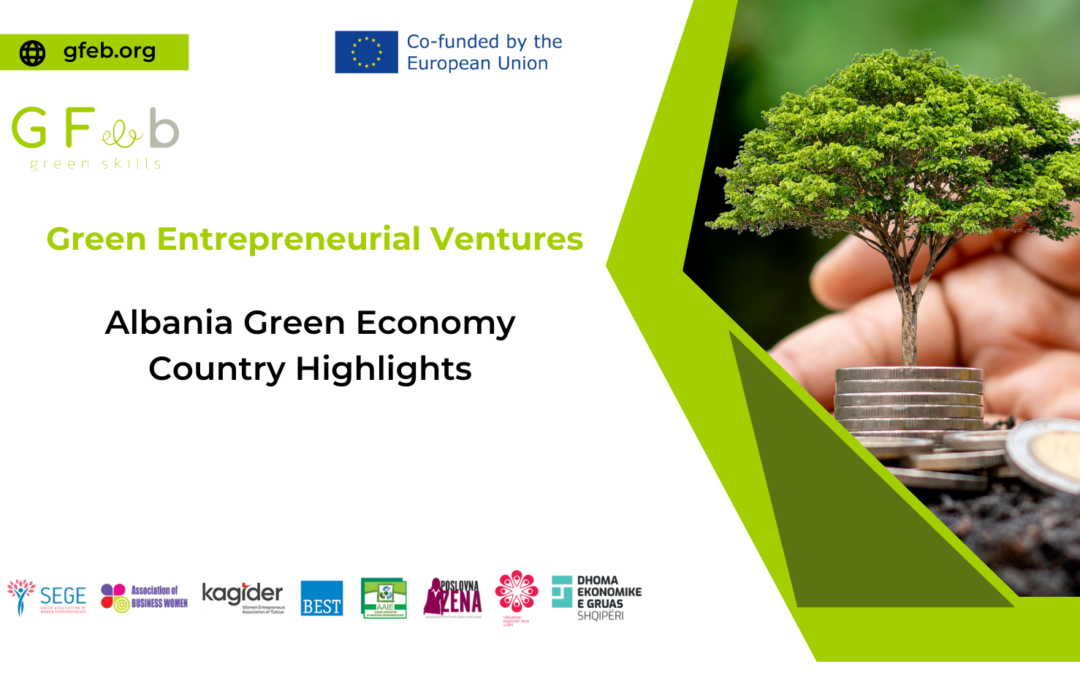Albania considers the working towards a “green economy” as fundamental. Judged by the share of renewables used in electricity production, Albania can already be considered a green economy. However, the country relies almost entirely on hydropower plants which are vulnerable to changes in hydrological conditions, which puts the reliability of energy supply at risk. The government aim for a diversified energy system and a country that will compensate for the reduction of its renewable hydropower reserves during droughts with green energy, produced by solar and wind power plants. The modernization of services and digital infrastructure is an inalienable and irreplaceable instrument to rapidly increase the quality of public services, as well as the productivity of entrepreneurship[1].
Government of Albania has adopted a good Policy Corpus on Environment and Sustainable Development. The following legislative and strategic measures are adopted which contribute to the mitigation of GHG emissions:
- Waste prevention by introducing EPR systems for specific waste streams including packaging of waste: new law on EPR drafted and expected to be adopted in March 2024.
- Waste Prevention Program (WPP) to be developed: Law 10463/2011 “on integrated waste management” as amended, requires the preparation of the Waste Prevention Program. WPP to start drafting process in the year 2025. Funding from EU Green Growth and Circular Economy Project.
- Waste Management Strategy and Action Plan for the period 2020 – 2035, adopts measures and set targets for 35% reduction of biodegradable waste going to landfills by year 2035, compared of the base year 2016.
- Requirements for organic waste management are defined by the Decision of Council Members (DCM) No. 608, dated 17.9.2014 “on determination of the necessary measures for the collection and treatment of bio waste as well as the criteria and deadlines for their reduction”, consisting in procedures for separate collection, treatment, and related targets. The legal act defines that municipalities must reduce the amount of organic waste going to landfills by 50% of the total waste generated in year 2014, by year 2021 and to 35% of the same target year by 2026. These targets and enforcement will be revised starting in the year 2024.
- Facilities for composting at municipal level are constructed with the support of GIZ and are operational in three municipalities. The MTE plans to increase this number to 10 within year 2023, aiming at establishing composting sites in all municipalities in the country, 61 in total[2].
Women entrepreneurs: Research on women entrepreneurs in Albania has shown that they play a crucial role in driving economic growth, innovation, and sustainability in the country. Studies have highlighted that women entrepreneur in Albania face unique challenges, including limited access to finance, lack of support networks, and gender bias in the business environment. According to data published by the Regional Cooperation Council (RCC), female entrepreneurs ran about 31% or 36,917 of the total 118,627 companies of all sizes across Albania as at the end of 2021. The average share of female entrepreneurship in the last five years has been 31.67%[3].
The law “On Gender Equality in society” outlines specific measures to guarantee equal opportunities for both women and men and delineates the responsibilities of institutions in drafting and implementing policies that support the development and promotion of gender equality within society. Undoubtedly, this law holds immense significance as it plays a pivotal role in advancing gender equality, women’s economic empowerment, and fostering women’s entrepreneurship.
However, some of the challenges presented from desk review are related to the lack of supply (specific packaging for reuse and continuous availability), knowledge and skills on product lines that can be changed to reuse, financing for installing cleaning/sanitizing systems and a business concept which would mitigate the increased costs occurring in reuse models. Latest GIZ publication highlight those skills and knowledge about the reuse systems is one of the challenges presented by the businesses during interviews and also stated in the RCC, Balkan Barometer 2022[4], is the lack of knowledge and skills to establish new reverse systems and other forms of business which can still be profitable.
The vocational education in Albania is led from the Law No. 15/2017 ‘On vocational education and training ‘which sets out the institutional and governance structure of the system and defines roles and responsibilities regarding CPD for VET teaching staff. Law No 15/2017 assigns the Ministry of Finance and Economy (MoFE) as responsible for the strategic, policy and legal framework for the VET system and for its governance, management and monitoring. National Agency for Vocational Education, Training and Qualifications (NAVETQ) is the responsible institution for administering teaching and learning processes, including curriculum development, quality assurance and the development of the Albanian Qualifications Framework.
In the Albanian Vocational Education system, teaching staff are differentiated into three groups: a) teachers of general subjects b) teachers of vocational theory (vocational subjects) c) instructors of practice (modules). Law No 15/2017 stipulates that NAVETQ is in charge of monitoring the CPD of the teaching staff of vocational subjects engaged in the VET system. It also stipulates that the Ministry of Education, Sport and Youth (MoESY) is in charge of CPD for teachers of general subjects mobilized in the VET system and for follow-up on in-service training and CPD. Law No 69/2012 on the pre-university education system in Albania defines the ways and procedures to implement CPD for teachers of the general profile in the VET system, which are then further developed and clarified through Ministerial Order No 1, dated 20 January 2017.
Within the schools, vocational theory teachers follow the same so-called teachers’ qualification cycle as the teachers of general subjects. Currently, no training needs identification tool for vocational teachers exist. the National Agency of Education, Professional Training and Qualifications. In fulfilling its mission, the NAVETQ performs the following functions:
- Drafts and revises the national register of professions, qualifications, levels and relevant standards;
- Designs and revises the skeleton curricula of professional qualifications;
- Drafts and revises the training standards of the teachers of the VET;
- Defines the principles and criteria of evaluation and certification for professional qualifications and administers the national register of issued certificates;
NAES (National Agency for Employment and Skills) is providers of employment, self-employment and education and professional training services, an integral part of the system of the Ministry of Economy responsible for employment and skills development. Among other things, AKPA offers professional training and qualifications.
These authorities offer an integrated and flexible system of professional qualifications in accordance with economic and social changes, with the needs of the labor market, which enables the development of human and infrastructural resources. The direct VET provider institutions are:
- a) vocational secondary schools;
- b) multifunctional centers of the VET;
- c) professional training centers;
ç) specialized VET institutions for special groups;
- d) commercial companies;
- dh) other licensed and/or accredited institutions or individuals.
VET providers offer the following services:
- a) vocational education and training programs for young people and adults;
- b) on-demand training for enterprises;
- c) training for basic skills, training for specific key competencies;
ç) recognition of previous learning;
- d) other services related to the profile of the provider.
The way of organization and activity of VET institutions, including aspects of human resources management, the composition of the unit of development of VET providers and the continuous professional development of VET personnel, is regulated by the instruction of the respective ministry.
[1] Government Program 2021-2025
[2] GIZ (2023) Circular Economy in Albania, Opportunities for reusable packaging systems and women’s participation. chrome-extension://efaidnbmnnnibpcajpcglclefindmkaj/https://www.giz.de/de/downloads/giz2023-en-albania-reusable-packaging-systems-and-women-participation.pdf
[3] ibid

